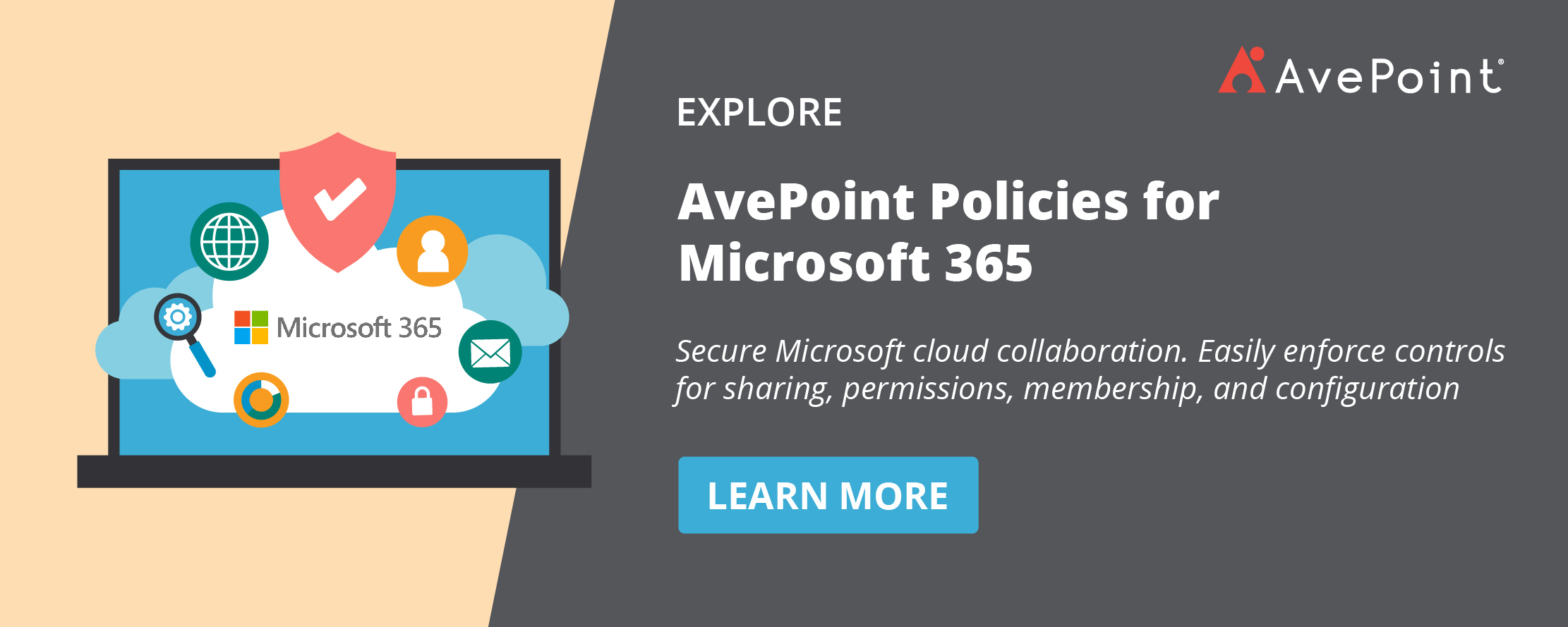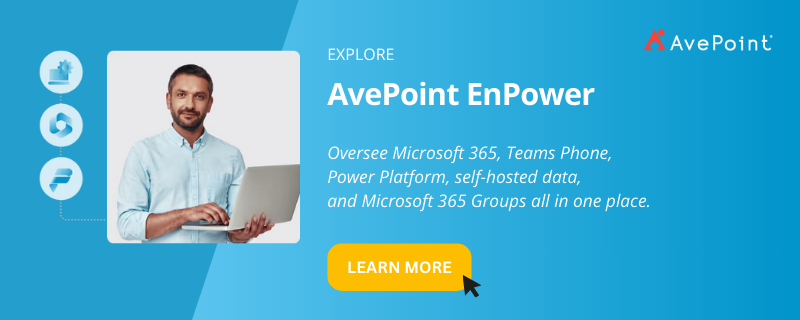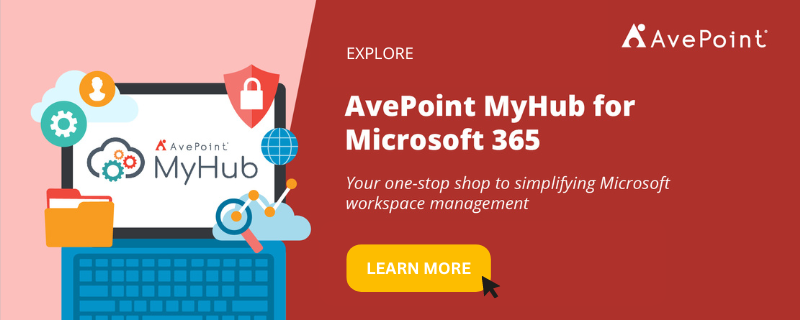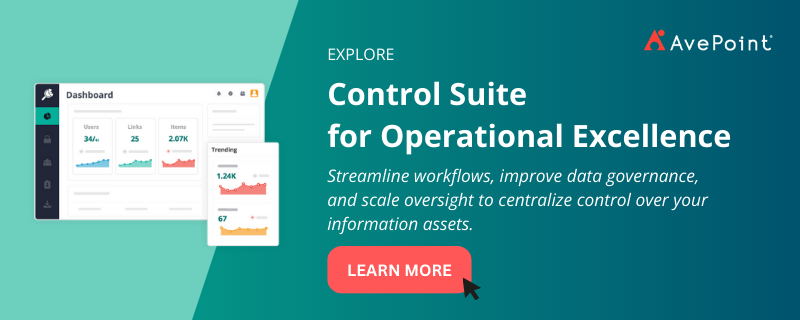Today, Microsoft 365 has over 400 million paid seats and is used by over 60% of Fortune 500 companies. While data security posture has always been a concern with IT leaders, the increase in the number of organizations embracing cloud-based tools, such as Microsoft 365, has raised it to one of the top priorities.
Zooming into the data governance framework, one of the biggest challenges is data access governance and who is responsible for making access decisions while staying aligned with organizational and regulatory compliance and security requirements.
This increased concern on what data governance looks like in the era of digital collaboration and generative artificial intelligence (GenAI) is further validated by studies like Gartner’s, which revealed that compliance audits (52%), warnings for non-compliance (40%), and data breaches (37%) are the top data governance issues companies face today.
While addressing these challenges can seem daunting when deploying cloud-based tools like Microsoft 365, it doesn’t need to be. In this blog, we’ll discuss strategies organizations can take to improve their approach on data access governance with Microsoft 365.
3 Ways to Elevate Microsoft 365 Data Access Governance Approach
Whether you’ve just migrated to Microsoft 365, or an existing Microsoft 365 user, having measures for data access governance is vital. Here are three steps you can take to bolster your data access governance approach on Microsoft 365:
1. Create a Cross-Functional Team
While many organizations will initially set up a data access governance strategy based on organizational and regulatory requirements, it can’t be deployed and left alone.
Organizations must work across the organization to identify the stakeholders – i.e., senior leaders, legal, HR, and security – to establish a cross-functional working group that will continue to review the strategy and tackle any challenges or changes to organizational or regulatory requirements. The key to a successful team is identifying the stakeholders who have influence or partial ownership of the overall organizational digital transformation.
Some organizations may identify this as a “fusion team,” which by definition, is a collaborative cross-functional team made up of people with various digital talents, disciplines, and skill sets. The goal of the team will be to, firstly, set data access governance policies for the organization and, secondly, to ensure existing policies consistently align with the organizational goals and regulatory measures. Depending on the frequency of regulations and policies being updated, the group may want to meet frequently or only once or twice a year.
To help the team identify where the organization’s greatest risks lie, you can deploy solutions like AvePoint Insights for Microsoft 365, which will build the team a Risk Matrix based on your organization’s user and permission policies thresholds. This will allow the group to zoom in on the most critical areas to address in your tenant.
Further, by combining Insights with AvePoint Policies for Microsoft 365, the team can start to get recommendations of additional areas to address with new policies based on the company’s industry and Microsoft 365 setup.

2. Maximize IT Capabilities
As organizations scale their cloud-based solutions, they should maintain proper controls and effective management of applications.
How? One effective way is through Role-Based Access Control (RBAC). According to a report by Ponemon Institute, organizations that implement RBAC experience up to a 50% reduction in security incidents, a 40% decrease in compliance-related issues, and significant savings in potential financial losses associated with breaches.
RBAC helps implement workspace controls by ensuring that each admin has the appropriate level of access and that only authorized individuals have access to sensitive data. This helps prevent data breaches and maintains the integrity of the data.
For example, the RBAC capabilities of AvePoint EnPower allow organizations to manage access to various components of Microsoft 365. This means access to capabilities to reset a user’s password or create a new resource mailbox can only be provided to users authorized by the organization. It also allows for the creation of custom roles, providing flexibility to define roles that align with your organization’s specific needs. This can be particularly useful in complex or large organizations where the standard roles may not adequately represent the diverse job functions.

3. Foster Stakeholder Responsibility on Workspace Access
IT teams play an important role in starting and keeping up the implementation of the organization’s data access governance strategy, but they should not be the only ones. To make sure the business can grow and succeed, think about using an Adaptive Governance model, as Gartner suggests.
Depending on your organization’s maturity and complexity, you can find areas where you can move from a “Control” model, where IT is fully in charge, to an “Agility” or “Autonomous” model – letting stakeholders handle risk by themselves or with shared authority.
With AvePoint’s Control Suite, and especially MyHub, organizations can adopt this approach by equipping IT to define the limits. For example, a Teams owner can have some autonomy and decide who can access their Team, while IT continues to enforce compliance with the policies that the organization has established.

Enforce Governance Strategies with AvePoint
A robust data governance approach is essential as more and more organizations adopt Microsoft 365. Data governance can help organizations improve data security, avoid data sprawl, save storage, and comply with regulations.
Applying appropriate workspace controls, monitoring tenant activity, automating policies, and managing Microsoft 365 licenses are all important for ensuring the security and integrity of an organization’s data.
With AvePoint’s suite of tools, organizations can achieve these data governance strategies effectively, helping them get the most out of their Microsoft 365 investment while ensuring security. Learn more about how our Control Suite can help elevate your data governance approach.


